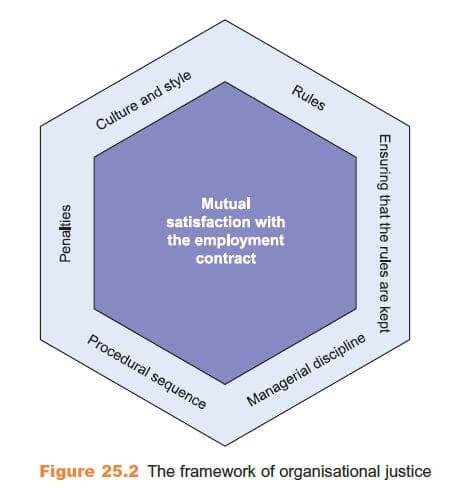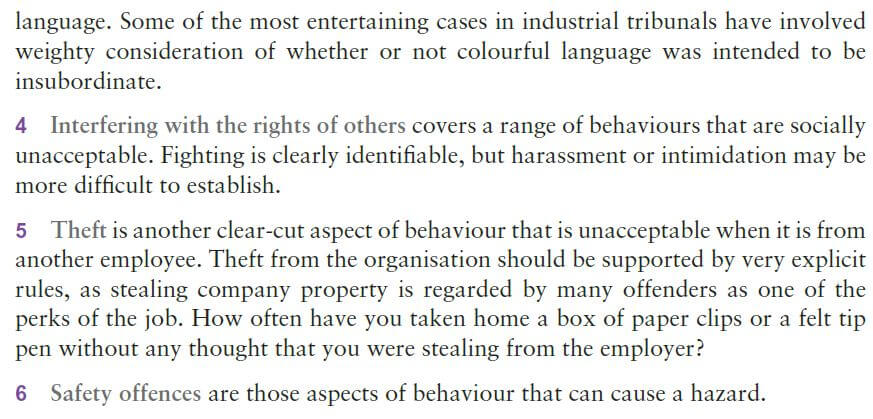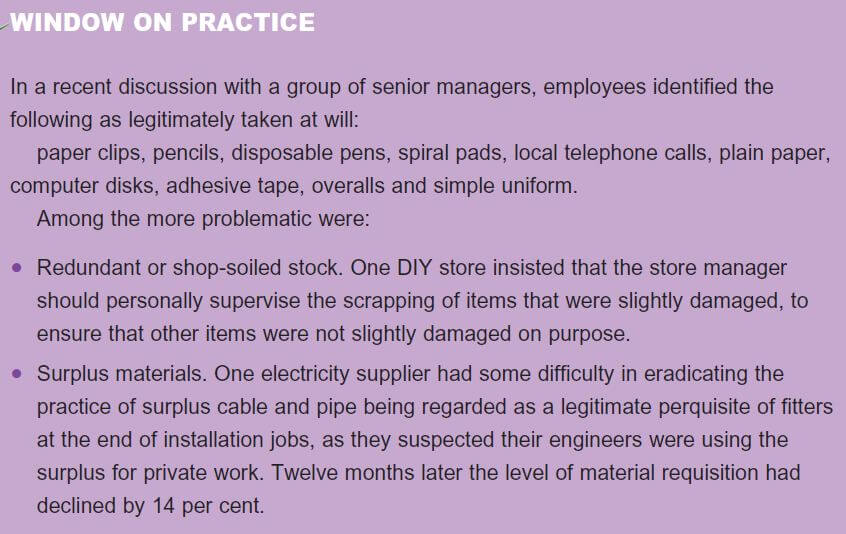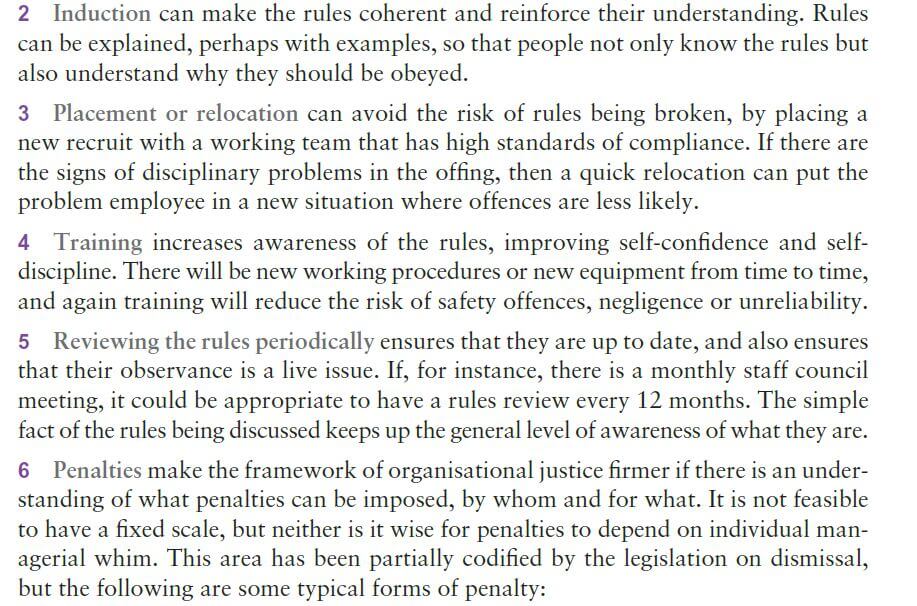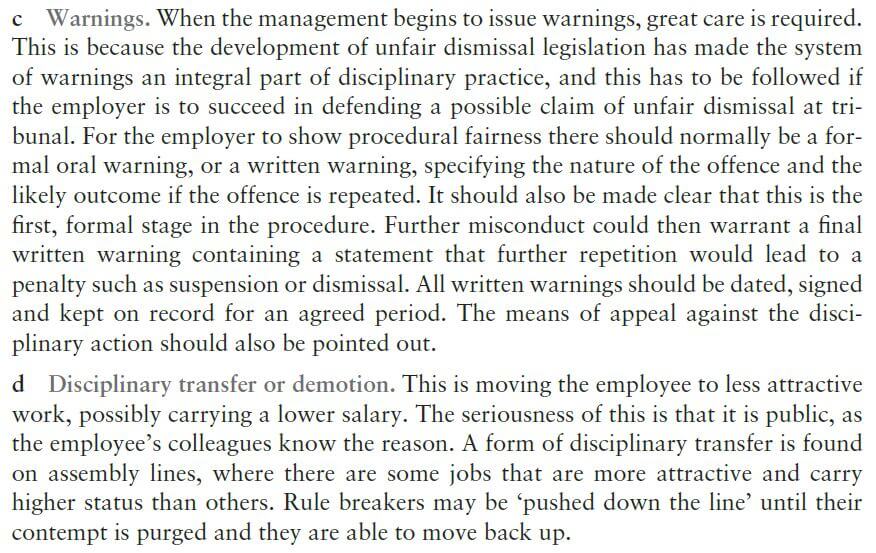Framework of Organizational Justice
Relationship between supervisors, managers, and employees can only be improved if a company has a sound framework.
Organization Culture and Management Style
When norms are developed, it can alter or influence behaviours of employees. This creates conformity pattern. Suppose you are a manager and your team does not follow the pattern of coming on time. A new joinee will also follow the same pattern. Now, if you are strict and your team members do follow a punctual arriving time, it will also influence a new employee to be on time.
This explains the management action that a manager is capable of attaining and processing it in his or her team. Apart from good leadership quality and a strong team, culture does play a major role. It mainly highlights the grievance management and handling style. If a manager sees grievances as a hindrance, he will try to find the reason of such hitch and acquire its solution.
In case the same person sees grievances as a form of punishment then he will inflict ill methods on the employees in an autocratic method.
Rules
Rules and regulations are an important part of every company. The concerning factor in this aspect is regarding employees with whom the decision lies to honour those rules or not. Tachograph requirement is one of the legislative rules that are imposed on HGV drivers. However, in most companies, you will the rules to be designed in a specific way so that they can be customised as per firm requirement.
One of the best examples in this context is regarding hygiene and clear area which is mandatory to be followed in a bistro or any eatery. But the same cannot be implied to be a must have factor in any construction company or a garage.
It is to be maintained that the rules should be simple and can be easily comprehended. Motive for this is for employees to have a clear concept of the stated rules. If rules are formulated after discussion and following general compliance, management system will become easier, and employees will accept and follow them. Noticeboard and employee handbook should be easily accessible where every company related rules are present.
There are various sections under which the rules are categorized.
Main idea of formulating rules is to provide employees with an effective guideline that will help them in their workplace. However, it is also to be considered that if these rules are not accepted by the workers, its application will serve n meaning.
 Ensuring that the rules are kept
Ensuring that the rules are kept
Rules application is just not important if they are not followed or prove to be effective for everyone.So this creates a situation asking an important question –what should be done so that employees follow the rules? Here are the answers.
If you consider about the comments regarding penalties, their importance changes with circumstances.The severity of penalty is less and within law when the issue is related to being frequently absent or coming late to workplace.For this reason, the employee can be punished in the form of warning or a small deduction in salary. However, that person cannot be transferred to another department or demoted. In addition, he or she cannot be underpaid for this issue.
Procedural sequence
This is a procedure which has crystal clear logic and is trusted in workplaces.As per this, following an organised process ensures who ought to be kept or who should be dismissed. An employee who is dissatisfied generally has an idea who will hear out his or her complaint. The process should always follow a pattern where the steps require to be followed by both employees and managers.This limits their action scopes but also give them authority.
Managerial discipline
For justified framework, it creates respect in the minds of employees. To work effectively, managers do exercise few disciplines onto themselves. This initiates a feel good factor and conveys an ‘I’m here to help you’ or ‘you can call me for help’ feeling. Managerial discipline is important as well as many benefits. But it can also be said that there are certain grievances and disciplines in this context where certain people can evade the managers (middle).
Again there are instances where employees solely on the basis on the positive reputation of a company come up for settlements. In this case, they do not consider employment rights or business logic.It should be the responsibility of managers to see through the issues related to grievances as well as discipline. They should support the employees, but only in the confines of rules. If they try to go out of the boundaries of rules, there are chances of them losing moral authorities. In such cases, the employees will only listen to the manager because of the fear of punishment.
Assumption and validity regarding discipline are taken as one of the requirements of managerial discipline. If training process is not apropos then on the grounds of negligence a person cannot be suspended. It is a shocking factor that if analysis is accurate, a majority of issues can be solved in no time.
Links of Previous Main Topic:-
- Health safety and welfare
- Equality the legal framework
- Equal opportunities and diversity
- Grievance and discipline
- The milgram experiments with obedience
Links of Next HR Management Topics:-

